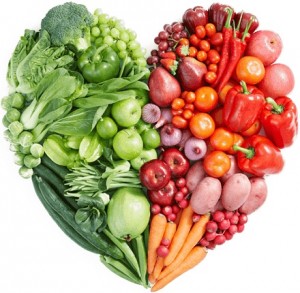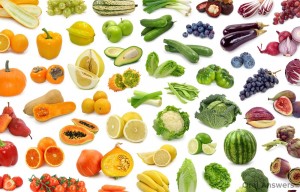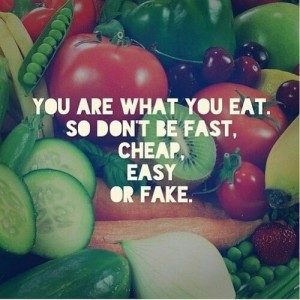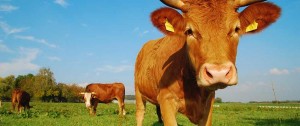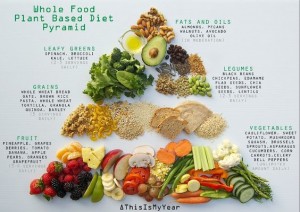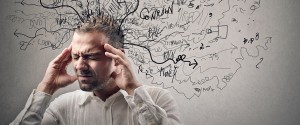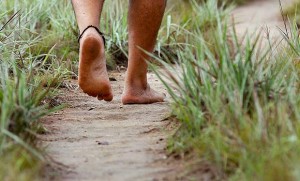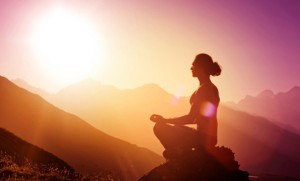Coming to university brings about changes in one’s character as well as in one’s way of thinking. For many, it is the first time we are living by ourselves, the first time we are in charge of every aspect of our everyday lives: from doing homework, to what we eat, to choosing to go to class, to deciding whether we brush our teeth. It is stressful to suddenly make this transition, but in my experience, it has made me all the more conscious of myself as a person, my needs and my desires. People tend to focus on different things, depending on who they are. When I came to university, I found that my focus was my relationship to food.
I had always enjoyed eating well. “Well” as in healthy and delicious, as my mother had taken up the task of teaching me about the effects of food on my health from a young age. Nonetheless, coming to university was the first time I became truly conscious of what I was putting into my body. I had always known that eating a salad was better than eating a cake, and I was aware of the benefits of each vegetable and food group, but the idea that what I was putting into my body impacted my being in such a strong way hadn’t settled in too much. You could say I was superficially aware of the importance of a good diet.
This all changed when I arrived in New York City and was forced to make all the choices myself. Perhaps this development sprung from having to cope with leaving my mother’s kitchen, where everything was cooked with the freshest Greek ingredients in a healthy way. To go from that to my school’s dining hall, whose salad bar was tasteless and whose prepared dishes all usually contained meat and ten times the amount of oil and/or butter necessary was a rude awakening.
I realized that since I was now in charge of myself, I soon had to be more conscious of what was in my disposition. Upon having this epiphany, I started watching documentaries and reading books on health. Soon enough, I realized that for who I am as a person, being healthy and aware of my nutrition meant giving up meat and a lot of dairy. I became convinced that a whole food, plant-based diet was the best thing I could do for myself. And surely enough, all the benefits people from the vegan community boast about became relevant for me too.
Most of the documentaries and books I read were targeted at people trying to make the switch to a vegan diet. Though I am not fully vegan, I am fully vegetarian and eat vegan about 70% of the time. I found that what resonated with me was not simply the health benefits of a whole foods diet, rather, the compassion the community argued for when it comes to animals. Adopting a whole food, plant-based diet was not only crucial for my health, as I felt my energy levels rise, my skin clear up, my hair get stronger and my mood improve, but it was also crucial for my sense of wellbeing and self-esteem.
After being exposed to the atrocity of what is the meat and dairy industry, I felt a lot of guilt when I engaged in activities which contributed to these disastrous causes. That’s when I realized that what I put into my body was not only important for my body’s health in regards to protein, carbohydrates, healthy fats, nutrients and minerals but also to my mind for the person I wanted to be. So, I made the choice to try to do my part for our planet and the animals and try to do the least “bad” I could. For me, it meant giving up meat completely and minimizing my dairy intake to only a few times per week (usually weekends).
I struggled with the idea that I wasn’t doing the most good I could. I told myself that my ultimate goal was to be completely vegan and in that way, be “perfect”. However, I soon realized that these thoughts were holding me back, as I was not seeing that what I was doing was already a positive change. What I realized was that there was no one way to eat and that actually, what was needed were people who were aware and determined to make the right choices most of the time. My lifestyle and diet were my way of reacting to the information I was given. Chances are, you will have a different experience, and it will not be better or worse than someone else’s, as long as you remember to show compassion and strive to be aware of your body to make the right choices, whichever they may be.
Interesting reads:
- Eating Animals by Jonathan Safran Foer
- Skinny Bitch by Rory Freedman and Kim Barnouin
Helpful documentaries:
- Forks Over Knives
- Cowspiracy
- Food Matters
- Food Choices
By Marina Theophanopoulou
__________________________________________________________________________________________________________
Marina Theophanopoulou is a Campus Clipper publishing intern who is studying Philosophy and Sociology as a junior at NYU. Passionate about healthy, food and wellness, Marina aspires to make others think of food in a more holistic way. For over 20 years, the Campus Clipper has been offering awesome student discounts in NYC, from the East Side to Greenwich Village. Along with inspiration, the company offers students a special coupon booklet and the Official Student Guide, which encourage them to discover new places in the city and save money on food, clothing and services.
At the Campus Clipper, not only do we help our interns learn new skills, make money, and create wonderful e-books, we give them a platform to teach others. Check our website for more student savings and watch our YouTube video showing off some of New York City’s finest students during the Welcome Week of 2015.

